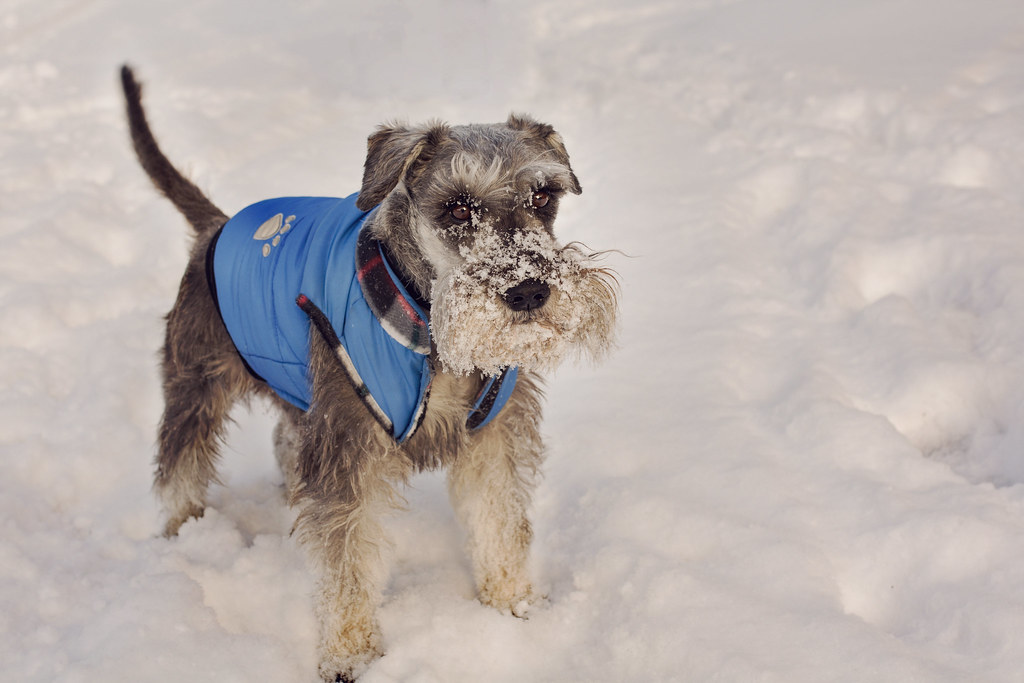Can Dogs Eat Cashews? – Yes, They can
Dogs can indeed enjoy cashews, but it is crucial to serve them in moderation. These nuts can be a source of proteins and healthy fats for your furry companion, yet they are also rich in calories and can contain too much sodium if they’re salted. Hence, while your dog can snack on a few unsalted cashews from time to time, they should not be a regular part of their diet.
Can Puppies Eat Cashews?
As for puppies, they should be given cashews with even more caution than adult dogs. Their developing digestive systems and smaller size mean that even occasional treats need to be quite limited. A small piece of unsalted cashew might be okay, but it’s always safer to consult your vet before introducing any new food to your puppy’s diet.
Things to consider when feeding cashews to puppies?
When considering giving cashews to puppies, it’s essential to take into account their calorie content versus the puppy’s dietary needs, the risk of choking on improper-sized pieces, and the potential for an upset stomach due to the high-fat content. Always introduce new foods slowly and in tiny amounts to monitor your puppy’s reaction.
Nutritional Benefits of Cashews for Dogs – Why Dogs can have Cashews
Protein Content
Cashews provide a good source of proteins, which are vital for the maintenance and repair of muscles, as well as overall growth.
Healthy Fats
Despite their high calorie count, the fats found in cashews are majority unsaturated, which are beneficial fats that can help maintain your dog’s coat health and skin condition.
Antioxidants
These nuts contain antioxidants, which can help fight off free radicals and support the immune system of your canine friend.
Minerals
Cashews also boast a dose of essential minerals like magnesium and phosphorus that contribute to bone health.
Vitamins
Last, but not least, cashews can also be a source of vitamins like vitamin K, which plays a role in blood clotting and bone metabolism amongst other functions in dogs.
Potential Allergies: Can Dogs Be Allergic to Cashews?
While not common, dogs can develop allergies to any food, including cashews. It’s important to watch closely for any signs of an allergic reaction when feeding your dog a new food for the first time.
Symptoms of Cashew Allergies in Dogs
- Itchy Skin: This can be localized or general and can lead to excessive scratching.
- Gastrointestinal Issues: Look out for symptoms such as vomiting or diarrhea, which might indicate an intolerance or allergic reaction.
- Respiratory Problems: In rare cases, allergies can induce sneezing, coughing, or other breathing difficulties.
What to Do If Your Dog Shows Symptoms?
- Cease Feeding Cashews: If you notice signs of allergies, remove cashews from your dog’s diet immediately.
- Veterinary Consultation: Always consult a vet for a professional diagnosis and treatment plan.
- Emergency Attention: Seek urgent care if your dog shows any signs of severe allergic reactions, such as trouble breathing or swelling.
Recommended Amount: How Much Cashews Can a Dog Consume?
The recommended amount of cashews is very small for dogs; a few cashews can be enough for larger dogs, while even a single one could be too much for smaller breeds. Always ensure they are unsalted and preferably raw. Frequency should also be limited to occasional treats rather than a daily snack.
Things to Consider When Feeding Cashews to Dogs
Beware of feeding any type of seasoned cashews to dogs, as added ingredients like salt or onion and garlic powders can be toxic. Monitoring portion sizes is also imperative due to the risk of obesity from calorie-dense foods like nuts.
How to Feed Cashews to Dogs: A Quick Guide
Even though cashews can be a nice treat, feeding them properly is key. Understanding how to incorporate such treats into your dog’s diet is beneficial to their health and happiness.
Cashew Crunch Bites
A simple treat can be made by chopping unsalted cashews into small pieces and mixing them with your dog’s regular kibble for an occasional special meal.
Fruity Cashew Mix
Combine finely chopped cashews with dog-safe fruits like apples or bananas for a quick, healthy treat.
Homemade Cashew Dog Cookies
Bake your own dog cookies using a blend of oat flour, crushed unsalted cashews, and a dog-friendly binding agent like pureed pumpkin.
Conclusion
While dogs can eat cashews, they must be unsalted, served in moderation, and proper portions should be considered based on the size and health of the dog. Always keep an eye out for allergies and consult a vet if you’re introducing a new food item. Cashews can be a nutritious occasional snack, but they should never replace a balanced diet tailored to your dog’s specific needs.



